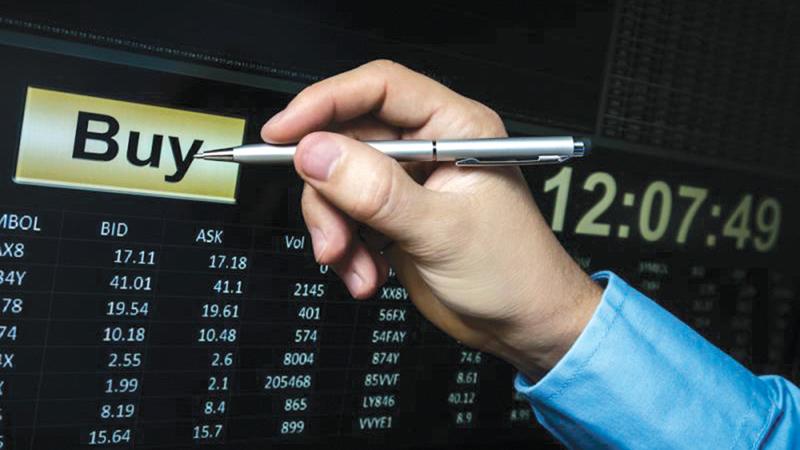
(Part 3 appeared last week)
How do you identify the best stock to buy? If we all knew which companies are going to do well and which ones to stay away from, we would all be millionaires. The stock that you should invest in would depend on multiple factors. This week let’s take a look at the types of shares you may come across in the market, based on a number of factors such as return, value, growth potential, risk and more.
Income shares
These shares provide steady income streams for investors where companies pay regular dividends in comparison to others. When buying these shares the important considerations are, the tax applicable on the dividend, as well as the cost of the shares in comparison to the net dividend paid.
Value shares
Value Shares reflect established companies with highly successful businesses and a strong financial position. Investors tend to think of value shares as bargains as they appear inexpensive relative to the earning ability of the company and other fundamental factors. Value shares tend to have low Price-to-Earnings ratios and high Dividend Yields.
Long term investors prefer these shares which they often hold over long time periods, until the true value of the share begin to emerge in the form of dividends or an increase in the price of the share.
Growth shares
Growth Shares generally represent companies that have a strong and substantial growth potential. Generally, the progression of these companies is in line with the economic growth of the country. Thus, it typically pays little to no dividends to shareholders. Investors who invest in these shares devote their current income expecting to receive high returns at a later date.
Cyclical shares
Shares which follow general economic trends and business cycles fall into this category. These shares are issued by companies which are sensitive to business cycles and whose performance is closely tied to general economic trends. Prices of cyclical shares can be volatile as they follow the market expectations of how the general economy would perform or other conditions.
Defensive shares
These are shares that remain stable even under strained economic cycles. Unlike cyclical shares these are not affected by general economic trends. During all phases of the economy, whether it is recession or expansion, companies that provide essentials needed by consumers such as food, fuel, gas and medicine are likely to remain stable.
Selecting shares
The advice of an investment professional will help you in identifying the share types discussed above. If you want to go at it alone, do educate yourself further using CSE publications.
You can also use the following as sources for information:
Stockbroker websites and publications
Newspapers and business magazines
Business programmes on TV and Radio
Websites and publications of data vendors such as Reuters, Bloomberg etc.
Companies listed on the CSE as per the Global Industry Classification Standard (GICS) are classified into 10 sectors, 24 industry groups, 67 industries and 156 sub-industries. After having identified which type of share and industry you would buy into, you can go on to individual share selection.
As we mentioned in the column last week, talk to your adviser and/or do your own research that can give you a good understanding of the company’s activities and its business situation.
Be wary of speculative shares
When you are exploring the market and doing research for share selection, be wary of companies which lack financial stability or a good track record in earnings and dividends but appear to be focused on delivering growth fast. If a company’s publicised future growth is not supported by its fundamentals, it can be classified as a high-risk investment.
Courtesy: The Colombo Stock Exchange
